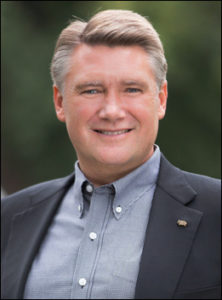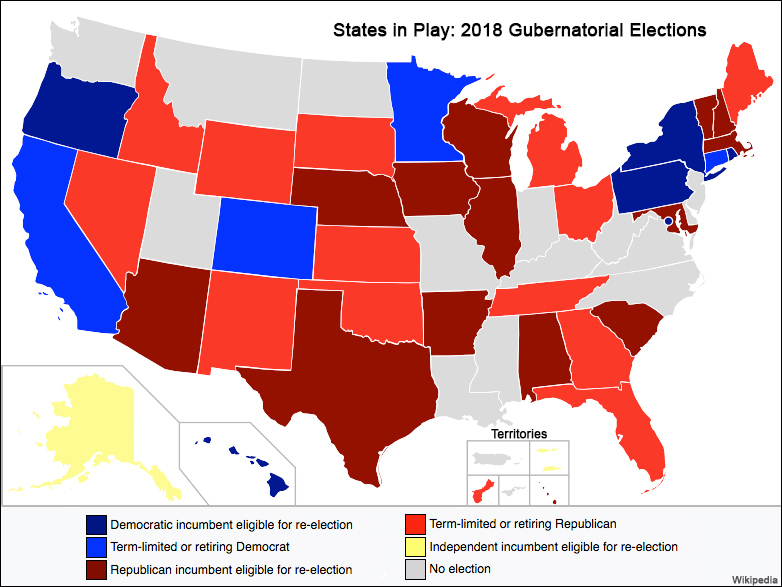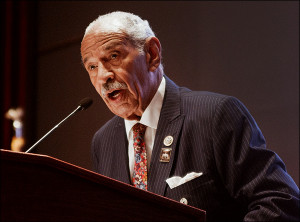By Jim Ellis
Jan. 15, 2019 — The 9th District of North Carolina, still with uncertified electoral results from November, could conceivably remain vacant until the November municipal elections as the situation continues to unfold.
The NC State Board of Elections was supposed to have met on Friday, and at that point would likely have scheduled a new election, but the panel itself is a political football. A state judge acted to dissolve the membership by refusing to issue a stay of his previous ruling.

North Carolina Republican Mark Harris has filed a court challenge to the Board of Elections not certifying his win in NC-9 and claiming his 905-vote lead should stand.
A judge eventually ruled that the legislature acted unconstitutionally regarding some of the changes including the legislation regarding the Board of Elections. The board was supposed to be dissolved after the election certification period, but the NC-9 problem earned the group a stay of the original ruling. The judge, however, did not see fit to allow them to continue in the new year.
At the end of the year, with Republican legislators desiring to change the special election law that would allow an open primary system instead of the general election rerun that would have been the previous board’s only option had they ordered a new vote, a new election law was enacted.
In a deal with the Democrats, the Republican leadership passed a bill that allows the open primary in exchange for giving Gov. Cooper what he wanted in terms of Board of Elections’ personnel. The bill passed overwhelmingly in both houses, but the governor vetoed. The legislature immediately overrode his action.


